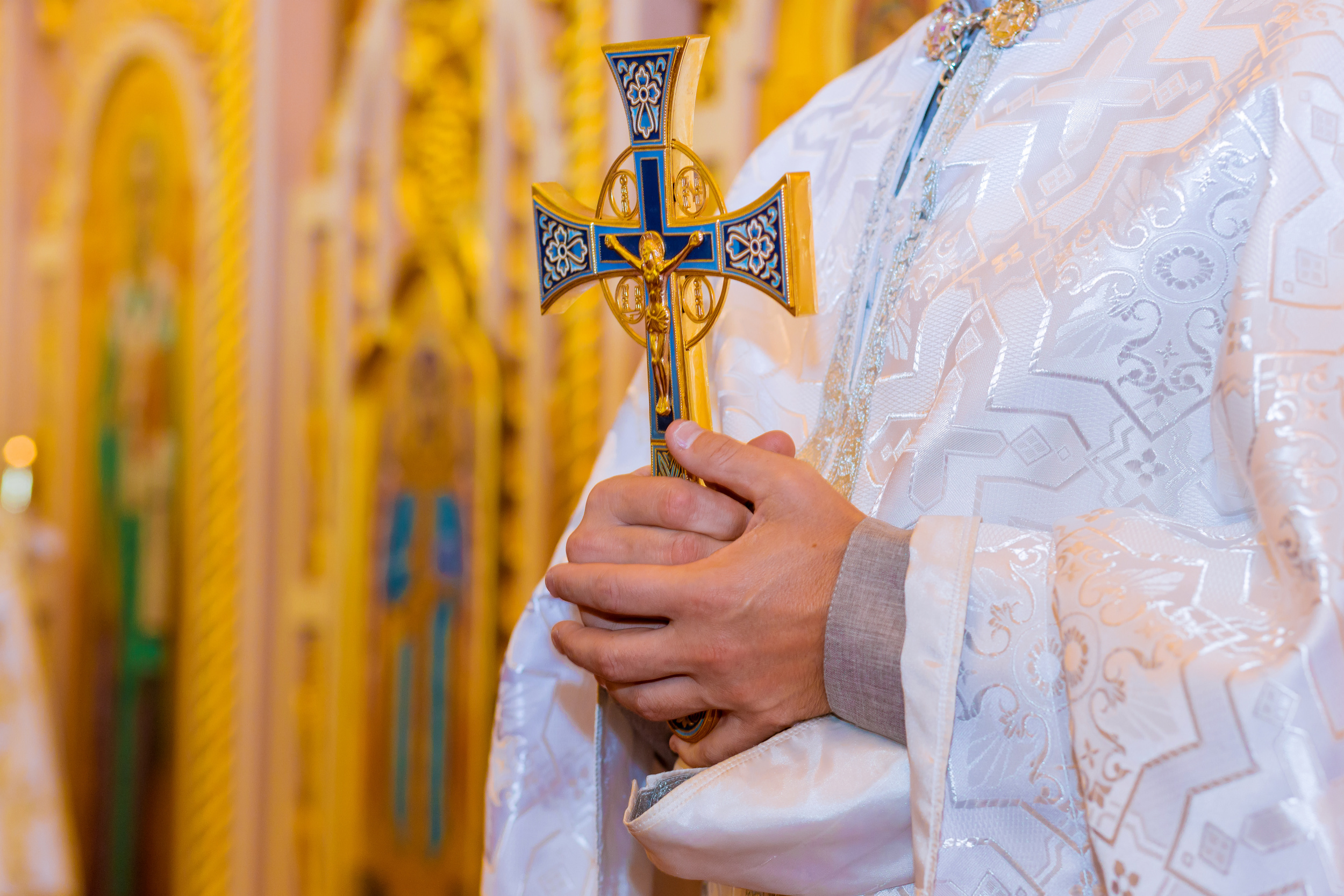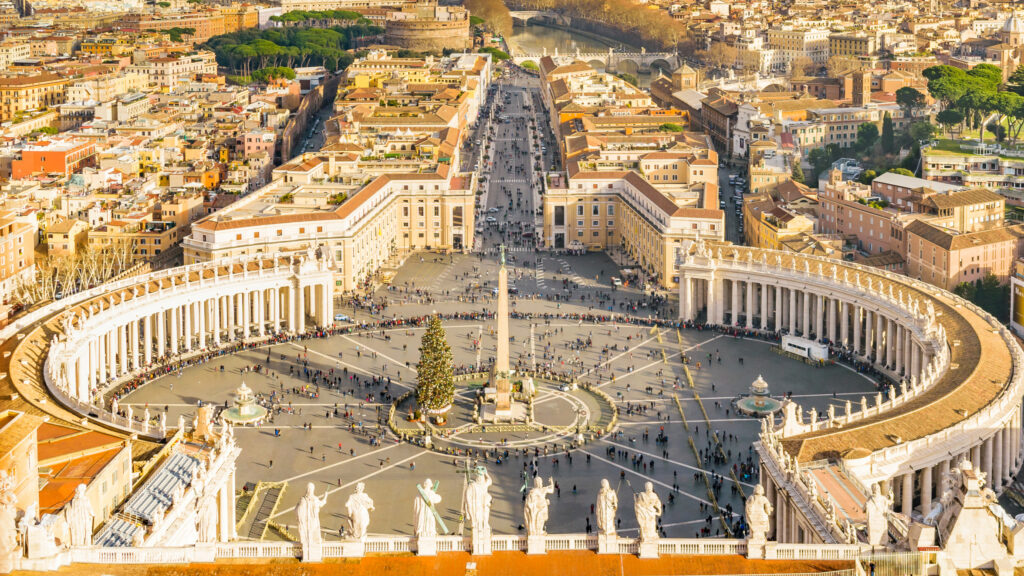Pope Francis Passes Away on Easter Sunday, Church Prepares for Conclave

Pope Francis passed away on Easter Sunday, April 20, 2025, marking a profound and historic moment for the Catholic Church and the global community. Known for his compassion, reformist mindset, and dedication to social justice, Pope Francis’ death has left the Church in mourning as the world reflects on his legacy. He will be remembered for his unwavering focus on issues such as poverty, the environment, and human rights. The passing of Pope Francis also marks the beginning of the transition to a new papacy.
In the wake of the pope’s death, the Holy See has announced that Cardinal Kevin Farrell, Camerlengo of the Holy Roman Church, will preside over the rite of ascertainment of death. This ceremony is scheduled to take place on Monday evening, April 21, 2025, at 8:00 PM Rome time in the Chapel of the Vatican’s Casa Santa Marta, where the late pope had spent much of his time. During this ceremony, Pope Francis’ body will be placed in a coffin, and the attendees will include Cardinal Giovanni Battista Re, the Dean of the College of Cardinals, and members of the late pope’s family. Along with them will be Dr. Andrea Arcangeli, the Director of the Directorate of Health and Hygiene, and Dr. Luigi Carbone, the Deputy Director. These individuals, along with other church officials, will observe the solemn ritual.
Following the ascertainment of death, it is expected that Pope Francis’ body will be transferred to St. Peter’s Basilica on Wednesday morning, April 23, 2025, where the faithful will have the opportunity to pay their respects. The arrangements for the transfer will be finalized after the first Congregation of the Cardinals. The general public will be invited to come and pray before the mortal remains of the pope, continuing the long-standing tradition of the Catholic Church to honor its leaders after their death. Cardinal Farrell, who has been involved in organizing the various rites following the pope’s death, will oversee these proceedings.
In addition to the rite of ascertainment and public veneration, the canonization Mass for Blessed Carlo Acutis, which was scheduled for Sunday, April 27, 2025, has been temporarily suspended due to the death of Pope Francis. This Mass, set to take place on Divine Mercy Sunday, would have been a significant event in the Church’s liturgical calendar. The canonization ceremony will now be postponed, and a new date for the canonization will be set once the transition to a new pope has occurred.
With Pope Francis’ passing, the governance of the Catholic Church has shifted to the College of Cardinals. The College, which consists of bishops and senior Vatican officials from across the world, takes on the responsibility of overseeing the Church’s immediate affairs, including preparations for the papal election. These cardinals, personally chosen by the pope, are known for their distinctive red vestments and are tasked with selecting the next pope. In the days following the pope’s death, the cardinals meet in general congregations to discuss the current state of the Church, address its challenges, and begin preparations for the conclave. These gatherings provide the cardinals with an opportunity to reflect on the qualities they want in the new pope and determine the direction the Church will take in the future.
The conclave, which is the process through which the new pope will be selected, will be conducted with secrecy and confidentiality. Only cardinals under the age of 80, referred to as cardinal electors, are eligible to vote. These electors will gather in the Sistine Chapel, where they will take an oath of absolute secrecy before the doors are sealed. The cardinals will vote by secret ballot, processing one by one to the altar and, in front of Michelangelo’s fresco of the Last Judgment, saying a prayer and dropping their ballots into a chalice. Voting will take place in four rounds each day until a candidate receives two-thirds of the votes. If no one receives the required majority, the ballots will be burned with chemicals that produce black smoke, signaling that no pope has been elected.
Once a candidate receives the necessary votes, he is asked if he accepts his election. If he agrees, he chooses a papal name and is dressed in the papal vestments. The final ballots are burned with chemicals to produce white smoke, signaling to the world that a new pope has been elected. The senior cardinal deacon, currently Cardinal Dominique Mamberti, Prefect of the Supreme Tribunal of the Apostolic Signatura, will then announce “Habemus Papam” (“We have a pope”) to the waiting crowd from the balcony of St. Peter’s Basilica. The newly elected pope will appear on the balcony, offer his first blessing to the world, and begin his papacy.
Vice President JD Vance, who met with Pope Francis just a day before his death, shared his condolences after learning of the pope’s passing. Vance expressed deep sorrow for the loss of the pope, acknowledging his significant role in promoting peace, compassion, and social justice on the global stage. In his statement, Vance reflected on the pope’s legacy and the impact he had not only on the Catholic Church but also on the world at large. The Vice President’s condolences underscore the universal admiration Pope Francis garnered, extending beyond the Catholic community to people of all faiths and backgrounds who recognized his dedication to humanitarian causes.
As the Catholic Church enters a period of mourning and transition, the world reflects on the legacy of Pope Francis. He will be remembered for his dedication to reforming the Church, promoting the welfare of the poor, and speaking out on environmental and human rights issues. His death on Easter Sunday, a day of resurrection and renewal, carries additional poignancy as the Church prepares for the election of a new leader. The conclave to elect a new pope will bring to an end the period of uncertainty following the pope’s death and will usher in a new chapter for the Church.
The selection of the next pope will be one of the most significant moments for the Catholic Church in the 21st century. As the College of Cardinals prepares for the conclave, the world will watch with anticipation, as the decision made in the Sistine Chapel will shape the future of the Church and its role in the global community. Pope Francis’ passing marks the end of an era, but the process of selecting his successor represents a moment of hope, renewal, and continuity for the faithful worldwide.
RECENT










BE THE FIRST TO KNOW
More Content By
Think American News Staff











